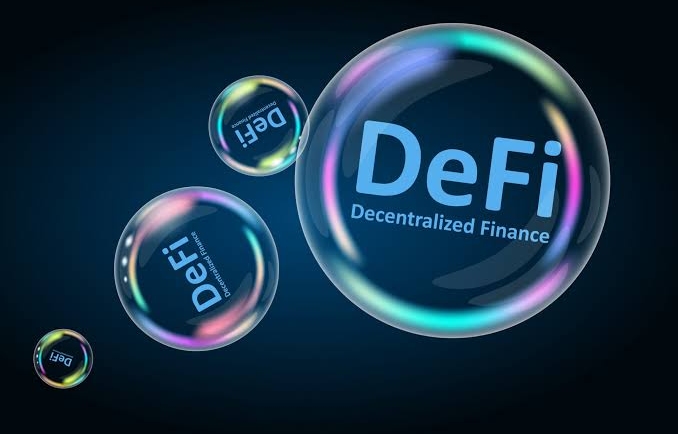
The Risks and Challenges of DeFi: Security, Regulation, and Smart Contract Vulnerabilities.
Decentralized Finance (DeFi) has gained immense popularity for its potential to revolutionize the financial landscape. However, as with any emerging technology, DeFi is not without its risks and challenges. In this article, we will explore three significant areas of concern in the DeFi space: security, regulation, and smart contract vulnerabilities. Understanding these risks is crucial for users, developers, and regulators to navigate the evolving DeFi ecosystem safely and effectively.
- Security:
Security is one of the primary concerns in the DeFi space. While blockchain technology provides inherent security benefits, the complexity of smart contracts and the interplay of various components within DeFi protocols introduce vulnerabilities. Hackers and malicious actors have targeted DeFi platforms, resulting in significant financial losses. Security breaches can occur through various attack vectors, including code exploits, flash loan attacks, and phishing scams. It is essential for users to exercise caution, conduct thorough due diligence, and follow best security practices when engaging with DeFi platforms.
- Regulation:
The regulatory landscape surrounding DeFi is still evolving, and it poses both opportunities and challenges. DeFi operates in a decentralized manner, often without intermediaries, making it challenging for regulators to apply existing frameworks. Regulatory uncertainty can lead to compliance risks, as DeFi protocols may inadvertently facilitate illicit activities such as money laundering or fraud. Regulators around the world are grappling with how to strike a balance between fostering innovation and protecting consumers. As DeFi continues to grow, it is likely to face increased scrutiny and regulatory measures aimed at safeguarding investors and maintaining market integrity.
- Smart Contract Vulnerabilities:
Smart contracts are the backbone of DeFi applications, automating the execution of financial transactions without intermediaries. However, they are not immune to vulnerabilities. Flaws in smart contract code can lead to exploitable loopholes, resulting in financial losses or manipulation of the protocol. The complexity of smart contract development, coupled with time constraints and lack of formal verification, increases the risk of introducing vulnerabilities. Security audits, code reviews, and responsible disclosure practices are essential to identify and address these vulnerabilities. Moreover, ongoing maintenance and updates are crucial to keep pace with evolving security best practices.
While DeFi holds enormous potential, it is important to recognize and address the risks and challenges associated with this emerging sector. Security vulnerabilities, regulatory uncertainties, and smart contract risks require attention from all stakeholders involved. Users should exercise caution and implement robust security measures when interacting with DeFi platforms. Developers must prioritize security practices, conduct thorough audits, and foster responsible disclosure of vulnerabilities. Regulators need to adapt and develop frameworks that strike a balance between innovation and investor protection. By collectively addressing these risks and challenges, the DeFi ecosystem can continue to mature and unlock its transformative potential in a safe and sustainable manner.

